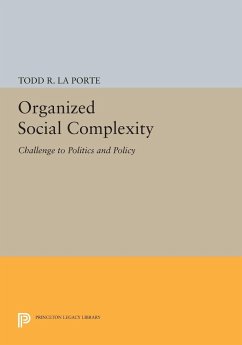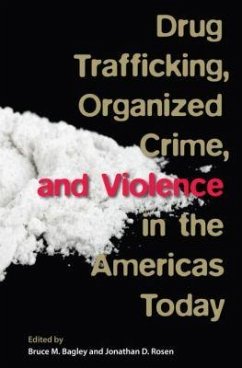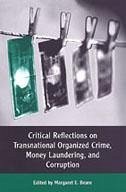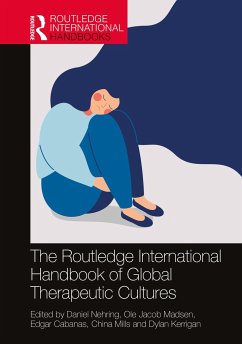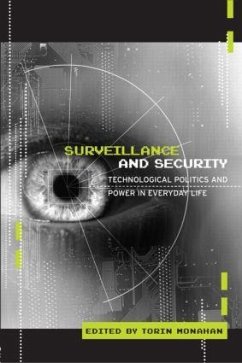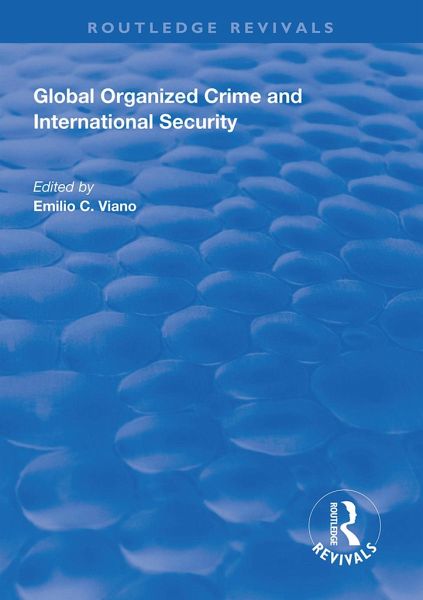
Global Organized Crime and International Security
Versandkostenfrei!
Versandfertig in 1-2 Wochen
47,99 €
inkl. MwSt.

PAYBACK Punkte
24 °P sammeln!
Published in 1999, this book focuses on organized crime as a worldwide phenomenon that has taken great advantage of enabling technology in banking, communications and transportation to build what is probably the first true 'virtual' corporation in the world. It looks at organized crime as a threat to national and international security ironically stemming, in part, from the collapse of the Soviet empire that provided an already thriving, ruthless and well-organized system of graft, corruption and crime with a new lease of life and also unleashed it on to the world scene. Organized crime is als...
Published in 1999, this book focuses on organized crime as a worldwide phenomenon that has taken great advantage of enabling technology in banking, communications and transportation to build what is probably the first true 'virtual' corporation in the world. It looks at organized crime as a threat to national and international security ironically stemming, in part, from the collapse of the Soviet empire that provided an already thriving, ruthless and well-organized system of graft, corruption and crime with a new lease of life and also unleashed it on to the world scene. Organized crime is also seen as a system of transnational alliances with the potential to destabilize democratic values and institutions; distort regional, if not worldwide, economies; and subvert the international order by allying itself with terrorist organizations, rogue states and developing countries in search of rapid industrialization and market dominance.






